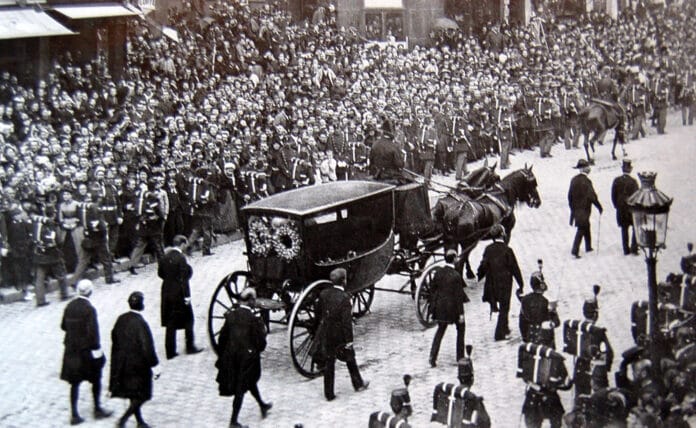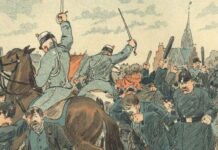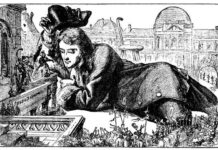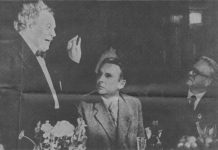
Socialistisk Biblioteks Tidslinje med links til begivenheder og personer i 1802.
Se også Index over personer, organisationer/partier og værker (som bøger, malerier, mm.), steder, begivenheder, mv., der er omtalt på hele Tidslinjen, titler og indhold på emnelisterne osv.
26. februar 1802
Den franske forfatter Victor Hugo fødes i Besancon. (Dør 22. maj 1885 i Paris). Aktiv som republikaner og demokrat i fransk politik og skrev ud fra social og politik engageret romantiske helte-romaner.
I Danmark mest kendt for romanerne Notre- Dame-Kirken i Paris (= “Klokkeren fra Notre Dame”) og De Elendige.

Links:
Victor Hugo (Denstoredanske.dk)
Victor Hugo (Wikipedia.no). Med link til større engelske og endnu større franske artikler.
Victor Hugo. Af Niels Vestergaard (Forfatterweb)
Hugo, Victor. Af Sidsel Sander Mittet (Litteratursiden.dk)
Victor Hugo: The great prose of revolt. By Alain Badiou (Verso, Blog, 13 April 2016). “Victor Hugo was the radical republican who really wanted History to be opened up to popular sovereignty.”
The enduring relevance of Victor Hugo. By Megan Behrent (International Socialist Review, Issue 89, May 2013). “As a politician, he left much to be desired, but as a writer he captured the revolutionary spirit of his age and inspired generations to come.”
Les Misérables and its critics. By David Hancock Turner (Jacobin: Reason in Revolt, 18 January 2013). “There’s nothing new about dismissive critical attitudes towards Les Misérables.”


































